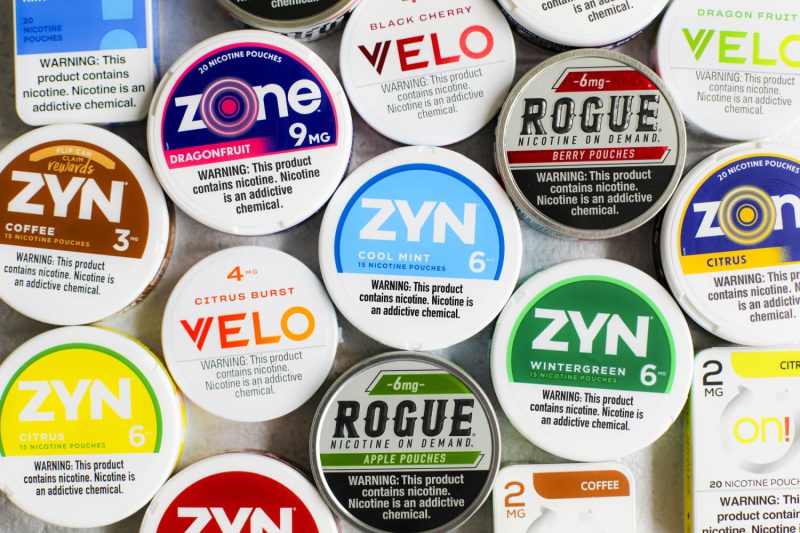
Philip Morris to Pour $232 Million into Kentucky Plant for ZYN Production Expansion
Philip Morris International, a leading tobacco company, has recently announced its plans to invest a substantial amount of $232 million in expanding the production of ZYN, its line of nicotine pouches, at their manufacturing plant in Louisville, Kentucky. This strategic move highlights the company’s commitment to capitalizing on the growing popularity of smoke-free alternatives and meeting the increasing demand for reduced-risk products.
The decision to bolster the production capacity of ZYN aligns with Philip Morris’ broader vision of transforming the tobacco industry and championing a smoke-free future. By focusing on innovative and less harmful alternatives, the company aims to cater to changing consumer preferences and contribute to public health initiatives aimed at reducing the harms associated with traditional tobacco consumption.
Kentucky’s selection as the location for this significant investment is not arbitrary. The state has a rich history in tobacco cultivation and production, making it a natural choice for expanding operations related to ZYN. Furthermore, the investment will likely have positive implications for the local economy, creating job opportunities and fostering economic growth in the region.
The decision to invest a substantial sum in expanding ZYN production underscores Philip Morris’ confidence in the product’s market potential and its commitment to driving innovation in the nicotine industry. With increased production capacity, the company will be better positioned to meet the rising global demand for ZYN and further establish its presence in the smoke-free product category.
Moreover, the expansion of ZYN production in Kentucky is a testament to Philip Morris’ efforts to adapt to changing market dynamics and consumer preferences. As more individuals seek alternatives to traditional tobacco products, the company’s emphasis on smoke-free alternatives like ZYN reflects a strategic response to evolving consumer trends and regulatory developments in the tobacco industry.
In conclusion, Philip Morris International’s decision to invest $232 million in expanding ZYN production at its Kentucky plant represents a significant step towards advancing its smoke-free agenda and catering to the growing demand for reduced-risk nicotine products. By leveraging its resources and expertise, the company is poised to enhance its position in the smoke-free category and contribute to reshaping the future of the tobacco industry.
